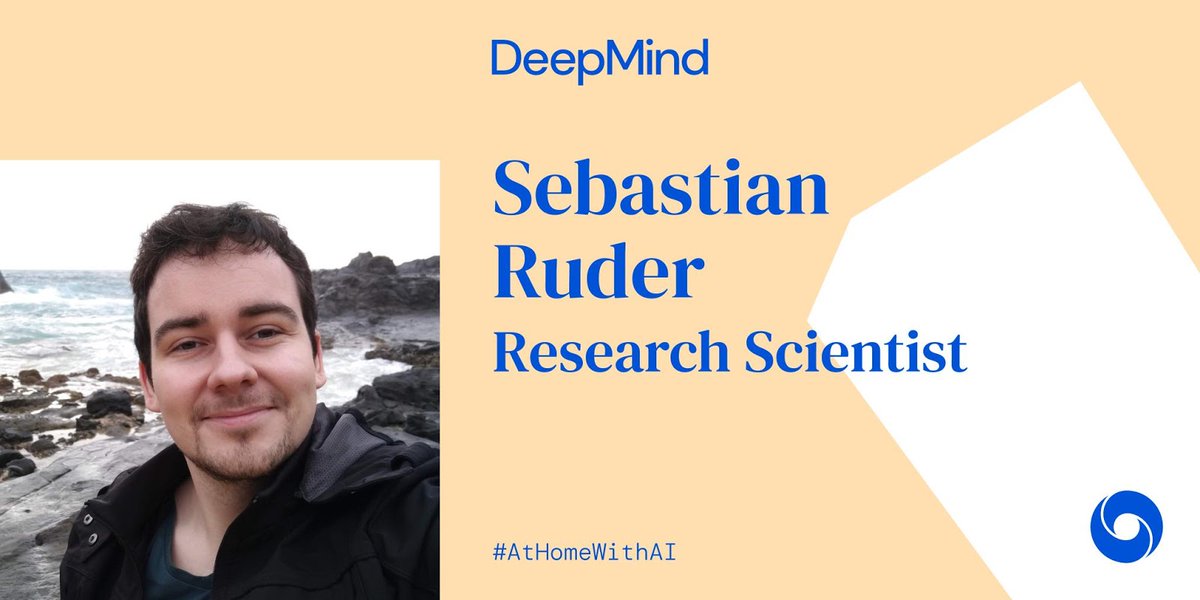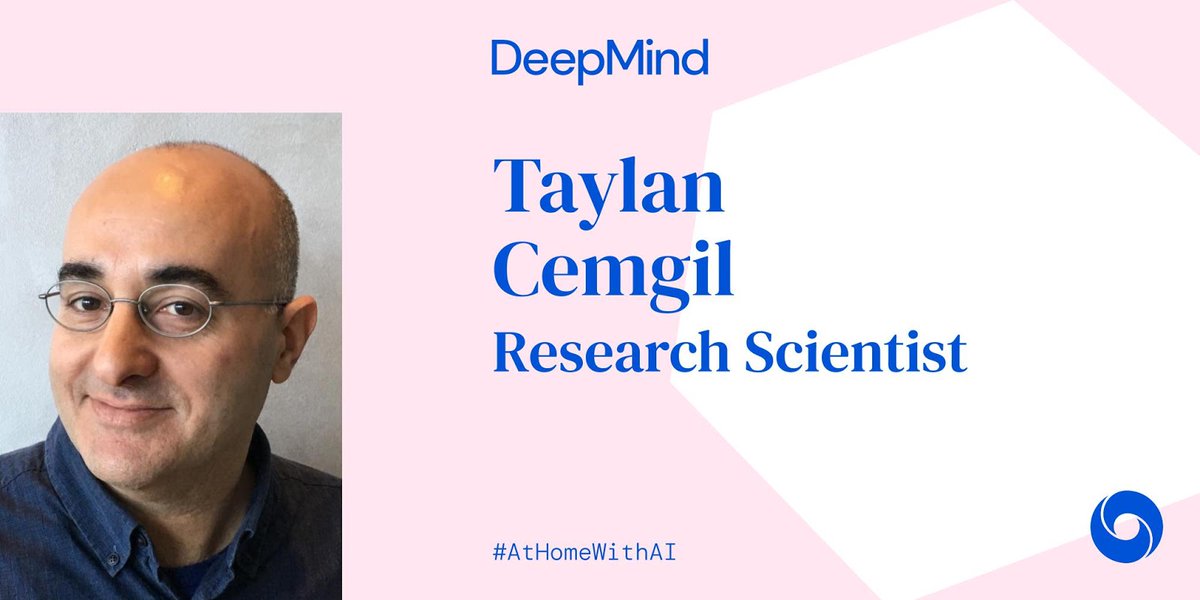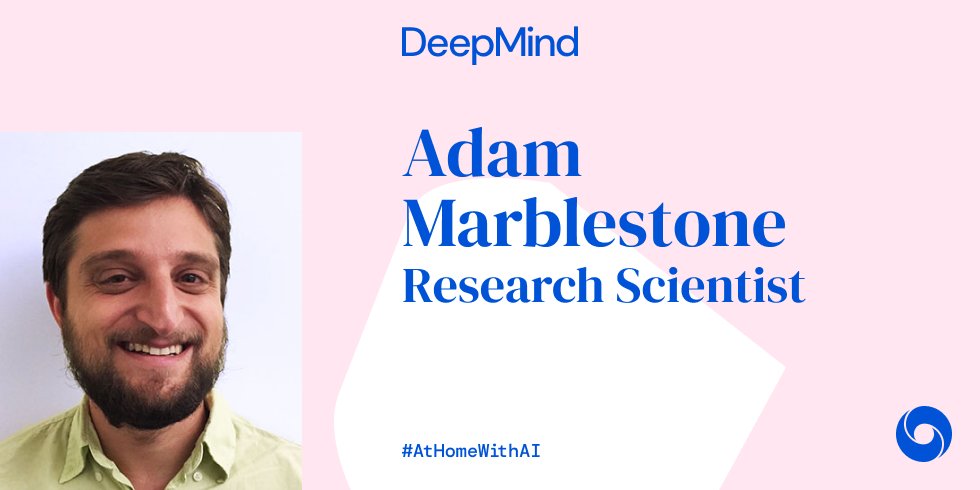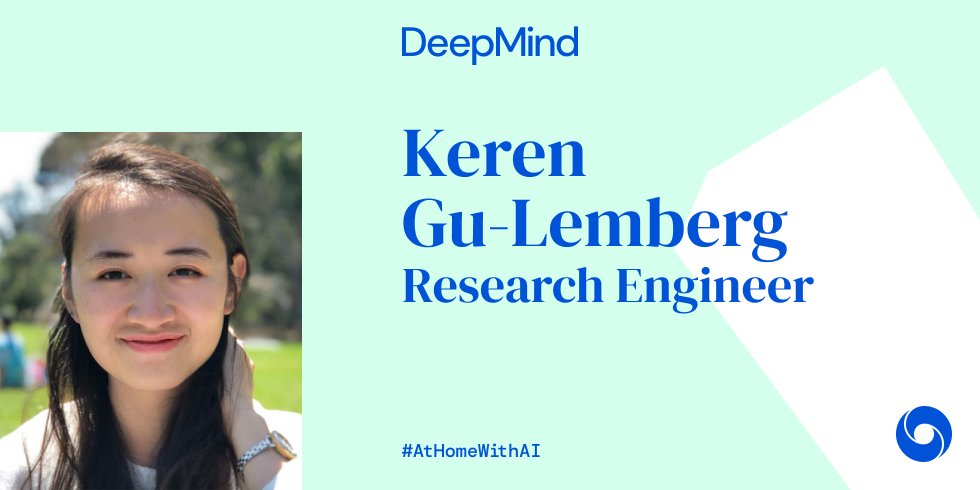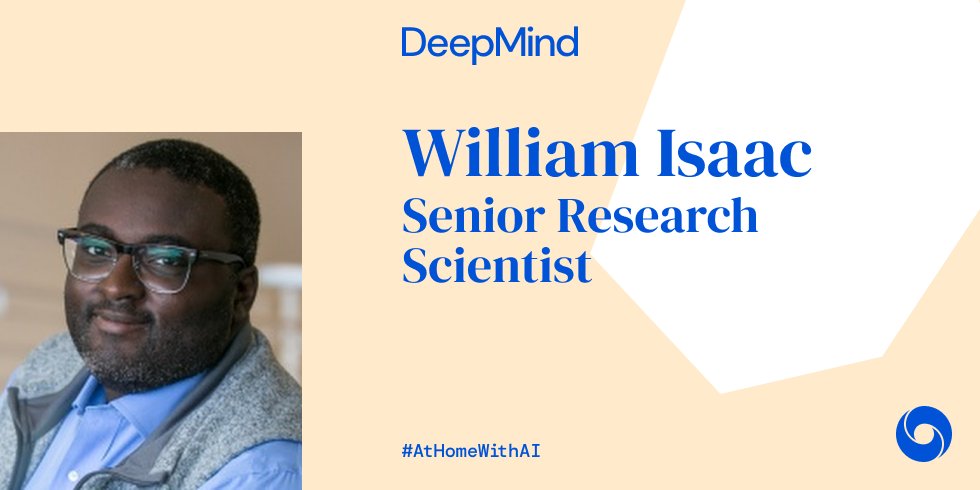
In a major scientific breakthrough, the latest version of #AlphaFold has been recognised as a solution to one of biology's grand challenges - the “protein folding problem”. It was validated today at #CASP14, the biennial Critical Assessment of protein Structure Prediction (1/3)
CASP is both the gold standard for assessing predictive techniques and a unique global community built on shared endeavour. Accuracy is measured on a range of 0-100 “GDT”. #AlphaFold has a median score of 92.4 GDT across all targets - its average error about the width of an atom.
We’re excited about the potential impact #AlphaFold may have on the future of biological research and scientific discovery. Thank you to the CASP organisers & the whole community - we look forward to the many years of hard work and discovery ahead: bit.ly/3qdko1Q
• • •
Missing some Tweet in this thread? You can try to
force a refresh

